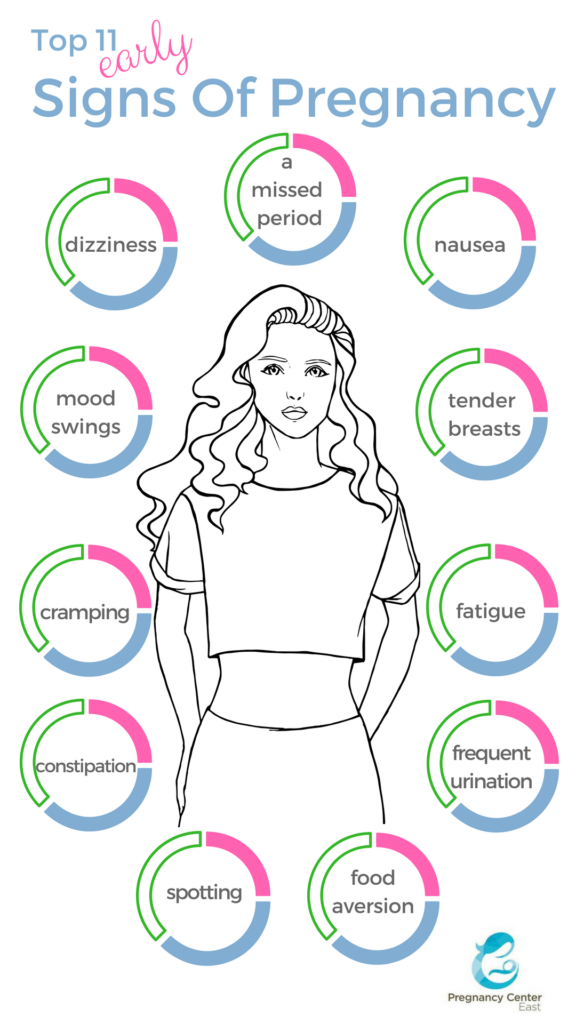
Dizziness as a Sign of Pregnancy
Dizziness is a common symptom during pregnancy, affecting up to 80% of women. It can range from mild lightheadedness to severe vertigo, and it can occur at any time during pregnancy, although it is most common in the first trimester.
Causes of Dizziness During Pregnancy
There are several factors that can contribute to dizziness during pregnancy:
- Hormonal changes: Pregnancy hormones, such as progesterone, can cause blood vessels to relax and widen, leading to a drop in blood pressure. This can result in lightheadedness or dizziness, especially when standing up quickly.
- Increased blood volume: The body produces more blood during pregnancy to support the growing baby. This increased blood volume can put extra strain on the heart and blood vessels, leading to dizziness.
- Low blood sugar: Pregnancy can increase the demand for glucose, and if blood sugar levels drop too low, it can cause dizziness or fainting.
- Anemia: Iron deficiency anemia, which is common during pregnancy, can also lead to dizziness.
- Dehydration: Not drinking enough fluids can lead to dehydration, which can cause dizziness.
- Lying on your back: Lying on your back during pregnancy can compress the vena cava, a large vein that carries blood back to the heart. This can cause blood pressure to drop and lead to dizziness.
Types of Dizziness During Pregnancy
There are several different types of dizziness that can occur during pregnancy:
- Lightheadedness: This is a mild form of dizziness that feels like you are about to faint. It is often caused by a sudden drop in blood pressure.
- Vertigo: This is a more severe form of dizziness that feels like you are spinning or the room is moving around you. It is often caused by problems with the inner ear.
- Presyncope: This is a feeling of near fainting. It is often caused by a severe drop in blood pressure.
When to Seek Medical Attention
Most cases of dizziness during pregnancy are not serious and will resolve on their own. However, it is important to seek medical attention if you experience any of the following:
- Severe dizziness or vertigo that does not go away
- Dizziness that is accompanied by other symptoms, such as nausea, vomiting, or abdominal pain
- Dizziness that occurs after a fall or injury
- Dizziness that is accompanied by a loss of consciousness
Treatment for Dizziness During Pregnancy
Treatment for dizziness during pregnancy will depend on the underlying cause. Some common treatments include:
- Resting: If you are feeling dizzy, it is important to rest and avoid activities that could make it worse.
- Drinking plenty of fluids: Staying hydrated can help to prevent dizziness.
- Eating small, frequent meals: Eating small, frequent meals can help to keep blood sugar levels stable and prevent dizziness.
- Avoiding lying on your back: Lying on your back can compress the vena cava and lead to dizziness.
- Taking iron supplements: If you are anemic, taking iron supplements can help to improve your symptoms.
- Medications: In some cases, medications may be prescribed to treat dizziness during pregnancy.
Preventing Dizziness During Pregnancy
There are several things you can do to help prevent dizziness during pregnancy:
- Get up slowly: When you get up from a sitting or lying position, do so slowly to avoid a sudden drop in blood pressure.
- Avoid standing for long periods of time: If you have to stand for a long period of time, try to move around or shift your weight from one foot to the other.
- Drink plenty of fluids: Staying hydrated can help to prevent dizziness.
- Eat small, frequent meals: Eating small, frequent meals can help to keep blood sugar levels stable and prevent dizziness.
- Avoid lying on your back: Lying on your back can compress the vena cava and lead to dizziness.
- Get regular exercise: Regular exercise can help to improve circulation and prevent dizziness.
Conclusion
Dizziness is a common symptom during pregnancy, but it is usually not serious. However, it is important to seek medical attention if you experience any severe or persistent dizziness. By following the tips above, you can help to prevent dizziness and enjoy a healthy pregnancy.